A life coach is a type of wellness professional who helps people make progress in their lives in order to attain great fulfilment. Life coaches aid their clients in improving their relationships, careers, and day-to-day lives.
What does a Life coach do?
Life coaches can help you to clarify your goals, identify the obstacles holding you back, and then coming up with strategies for overcoming each obstacle.
By creating these strategies, life coaches target your unique skills and gifts. By helping you to make the most of your strengths, life coaches provide the support you need to achieve long-lasting change.
Who should consider working with a life coach?
Many people seek out life coaches for guidance in navigating a significant life change, such as taking on a new career. In plenty of case, however, people turn to life coaches simply for help in building a happier, more meaningful life.
There are several indications that working with a life coach could be helpful for you. These signs include:
- Frequent irritability.
- High levels of stress and/or anxiety.
- Inability to break bad habits.
- Lack of fulfilment in your social life.
- Persistent feeling of dissatisfaction at work.
- Sense of blocked creativity.
In recent years, coaches have acquired a considerable presence in the mainstream. Indeed, a growing number of creatives, executives and entrepreneurs are now teaming up with life coaches to attain success in their professional and personal life.
Types of Life Coaches
Some life coaches take a more general, all-encompassing approach and there are also many who specialise and focus on helping in specific areas. Some of the different types of life coaches include:
- Addiction and sobriety coaching.
- Business, executive and leadership coaching.
- Career coaching.
- Dating and relationship coaching.
- Diet and fitness coaching.
- Divorce coaching.
- Family life coaching.
- Financial coaching.
- Health and wellness coaching.
- Spiritualty coaching.
- Sports coaching.
Difference Between a Life Coach and a Therapist
Although there may be some overlap in the benefits of working with a life coach and participating in psychotherapy, these professionals have distinct roles and serve unique purposes.
Unlike life coaches, therapists and other mental health professionals focus on healing, treating mental health conditions and helping people work through trauma and other issues from their past. Working with a life coach cannot treat mood disorders, anxiety, addictions, or any other mental health conditions.
Therapists:
- Can treat mental health conditions.
- Have a degree and are licence in a related field (in my case I am registered with the General Medical Council).
- Adhere to ethical codes.
Life coaches:
- Cannot treat mental health conditions.
- Do not need any formal qualifications or academic training (in my case I underwent training accredited by the International Coaching Federation and am a member of the Association for Coaching).
- Are not required to follow health privacy laws.
What a Life Coach Can Do for You
One of the main benefits of working with a life coach is the ability to gain a fresh, informed perspective on challenges that you face. In addition to offering new insight into challenges, a life coach can help you focus on negative patterns that could be standing in the way of your success.
Many people view working with a life coach as means of bridging the gap between your current circumstances and the life you would like to lead. The following are some of benefits that may result from having a life coach:
- Better work/life balance.
- Elimination of long held fears and anxieties.
- Enhanced creativity.
- Greater financial security.
- Improved communication skills.
- More satisfying work life.
- Stronger relationships with family and friends.
Additionally, people frequently pair up with life coaches to work through barriers that may interfere with finding a partner. Many people also look to life coaches for help in identifying their passion and carving out their ideal career path.
Since sessions typically take place on a regular basis over a prolonged period of time, life coaches can ensure that their clients are implementing what is necessary to experience significant change (my coaching program consists of 12 sessions).
What to expect from a Life Coach
With many coaches, you may expect to discuss specific goals you have for the future. A life coach often provides support that is essential for gaining momentum toward your goals. A good coach can recognise when you get stuck and helps you to regain motivation.
Accountability is one of the prime advantages of working with a life coach. As a result working with a life coach. As a result of working with a life coach, clients often achieve their goals more quickly and efficiently than they would if working on their own.
Impact of Life Coaching
While people may report subjective benefits after seeing a life coach, there have been studies that showed that life coaching can be beneficial in several areas:
Both individual and group coaching is helpful in reducing procrastination and improving goals attainment.
Health and wellness coaching offers improved self-efficacy and self -empowerment.
A 2020 study published in Frontiers in Psychology found that coaching-based leadership interventions are affective for enhancing well-being and improving functioning within organisations.
Research also suggests that life coaching has a range of positive effects like improved personal insight and self-reflection. It also may help to improve overall mental health and quality of life.
Tips
Life coaching sessions can take many different forms. Some life coaches meet their clients in person, while others conduct their sessions over the phone or on Zoom.
If you are thinking of working with a life coach, keep in mind that it is up to you to decide what would you like to focus on in your coaching sessions. Each session should leave you feeling empowered and uplifted, so it is critical to find a coach whose style and philosophy resonates with you.
How to Know if a Life Coach is Qualified
Though there isn’t any official education or training to become a life coach, a competent life coach often has a background in psychology, mental health, wellness, or business. There are accredited life coaching training programs from which they may have a certification.
Potential Pitfalls of Working with a Life Coach
Before you see a life coach, there are few potential pitfalls that you should be aware of:
- Don’t expect immediate results. Your life coach can help you make plans, address challenges and work toward achieving your goals and it is important to remember that these changes take time. It may be helpful if you set some short- and long-term goals.
- Consider whether the coach is suited to your needs. Life coaches take different approaches to challenges clients face, so what you get out of the process may have a lot to do with the type of relationship you have with your coach. Look for a coach that is suited to working with your personality type and approach towards solving challenges.
- Don’t see a life coach to address serious mental health issues. Life coaches can offer advice that can improve your well-being, but they cannot provide mental health treatment.
History of Life Coaching.
As a formal field, coaching is relatively young. It has roots in many older disciplines though. It draws on areas like the human potential movement and many numerous areas of psychology.
Life coaching formally emerged during 1980s and grew in popularity throughout the 1990s and 2000s. Some of the earliest life coaches focussed on life planning and the field eventually grew to encompass other life areas like relationships, finances, careers, health and overall well-being.

